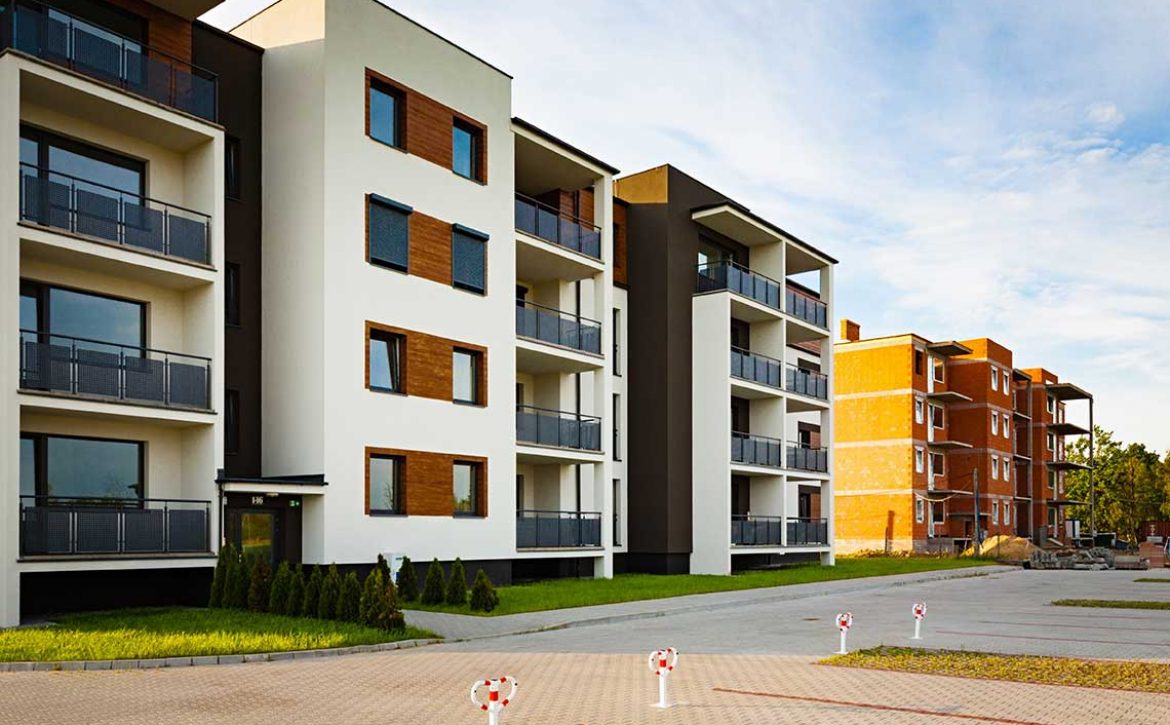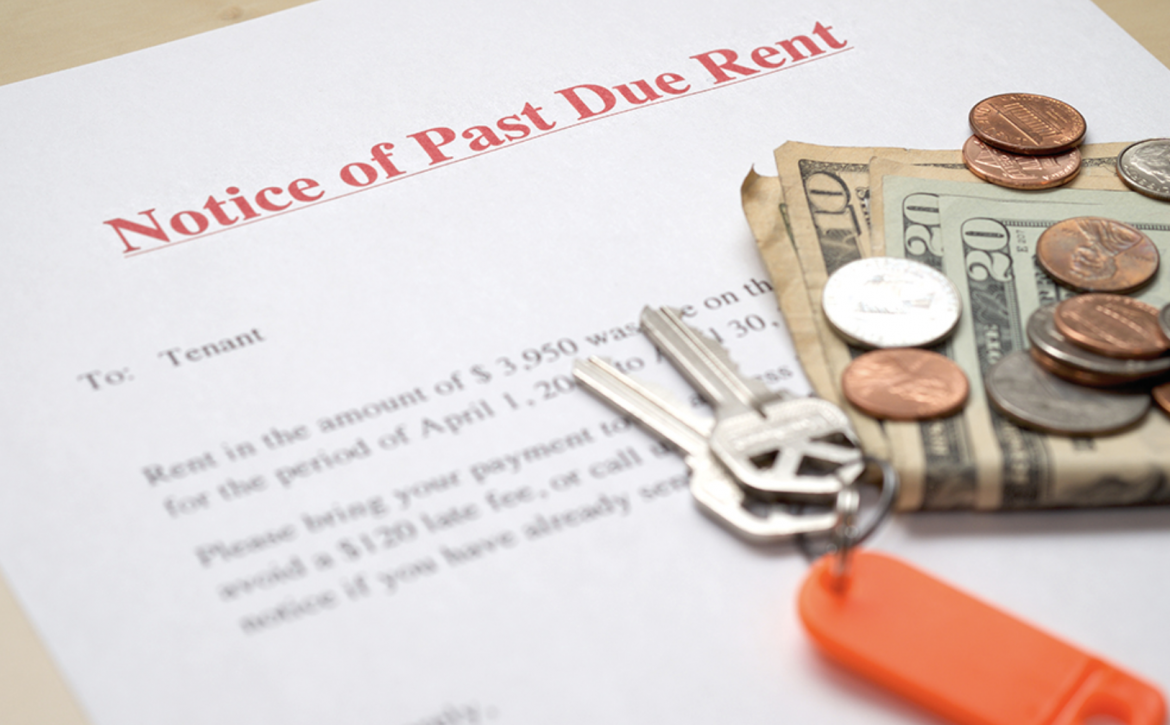Pros & Cons of Owning Multi-Family Real Estate
The Pros of Multi-Unit Dwellings As An Investment
Economies of scale is one of the big advantages of owning multi-family real estate. Time identifying a property, crunching the numbers and performing due diligence is leveraged with multiple units. Each renter generates a separate cash flow providing diversity in the income stream. In a similar fashion, repairs costs are leveraged by spreading costs over a larger asset base. While the cost of a new roof or other major repair is greater for an apartment building, it is less than the costs associated with replacing the roofs of multiple single-family homes.
Another advantage of multi-unit dwellings is the simplicity of dealing with multiple tenants at one location. Versus lots of tenants spread across multiple properties. Landlords also gain better negotiating power with property managers and other service providers when multiple units are at the same site. More efficiency means a higher return on investment.
More Income Equals A Better Investment
More reliable monthly income is another benefit of multi-unit dwellings. Instead of one rent payment there will be multiple rent payments coming in to offset monthly expenses. Risk is generally lower with multi-unit dwellings since odds are good that some apartments will be generating rent even if other units are vacant or under construction. It’s rare for a multi-unit building to ever be entirely empty.
More income per square foot is often possible with multi-unit buildings. A single-family home in a desirable LA neighborhood may fetch rents of $3,000 a month or higher, but a multi-unit building at the same location could easily command rents of $2,000 or more per unit. In this scenario, a six-unit apartment building could generate north of $12,000 in monthly rent.
Investment Appreciation Is Higher With Multi-Family Real Estate
Appreciation potential is usually greater for multi-unit dwellings. Regardless of upgrades that have been made, the value of most single-family homes is closely tied to surrounding properties. Different methods are used to value multi-unit dwellings and building owners also have more options for maximizing the value of the property. For example, a landlord could increase the value of an apartment building by making upgrades that support higher rents or adding revenue generators such as on-site dry cleaning or day care.
The Cons of Multi-Family Real Estate As An Investment
Tenant turnover is one of the biggest hassles of owning a multi-unit building. Tenants leave for all kinds of reasons and even properties that are well-managed and maintained experience turnover. There is also risk from tenants who stop paying and must be evicted. Some risk can be mitigated by good tenant screening, but landlords must plan for some tenant turnover in the building budget.
Acquisition prices are often higher for multi-unit buildings and purchaser usually must come up with a larger down payment, sometimes as much as 25% of property value. Lenders often demand more cash upfront from landlords who don’t plan to live at the property. Renovation and maintenance costs also run higher as well, requiring landlords to maintain significant cash reserves. On the other hand, it is sometimes easier to secure financing on multi-unit apartment building since lenders usually attach more weight to the property’s cash flows and are less interested in the borrower’s credit history.
Multi-Family Real Estate Investing Takes A Larger Investment
Larger investments carry greater risks. Delays in completing renovations or difficulties in securing tenants can result in massive losses for apartment landlords. Cash burn rates may also be higher due to more spending on debt servicing and maintenance. Experience in owning multi-unit buildings greatly helps mitigate these risks. Hence the popularity we are seeing from our clients who graduate up from single family home rental properties to multi-family.
Here at Coastal Capital we understand the challenges facing buy & hold real estate investors. Most of our clients are repeat because they value time and how fast we close on multi-family buildings so they can maximize their investment. To learn more about us please visit our Borrower Page.



